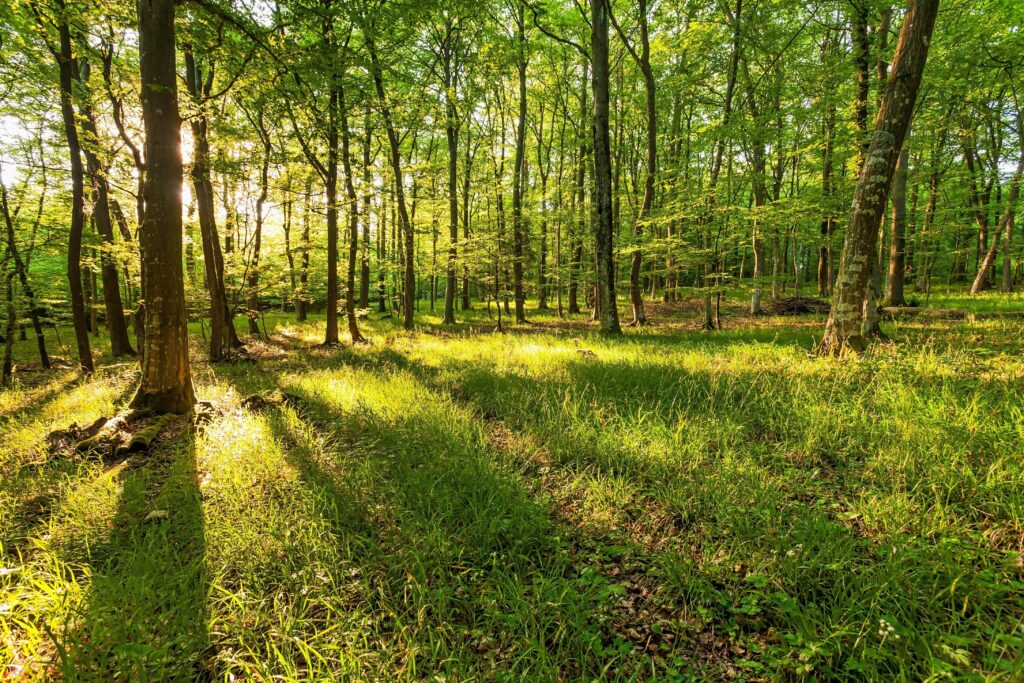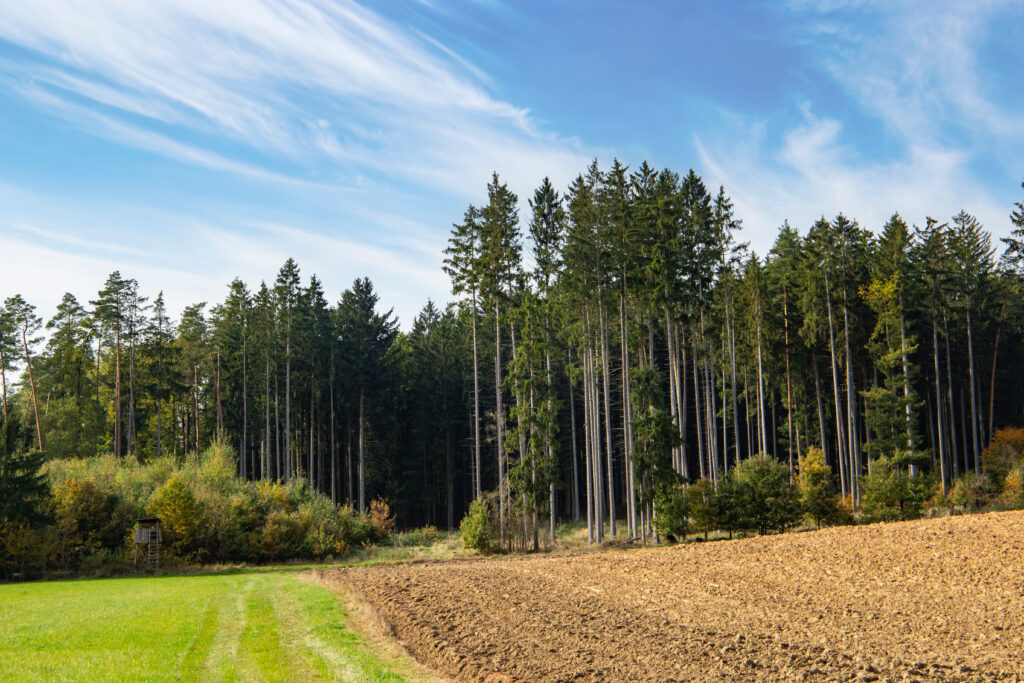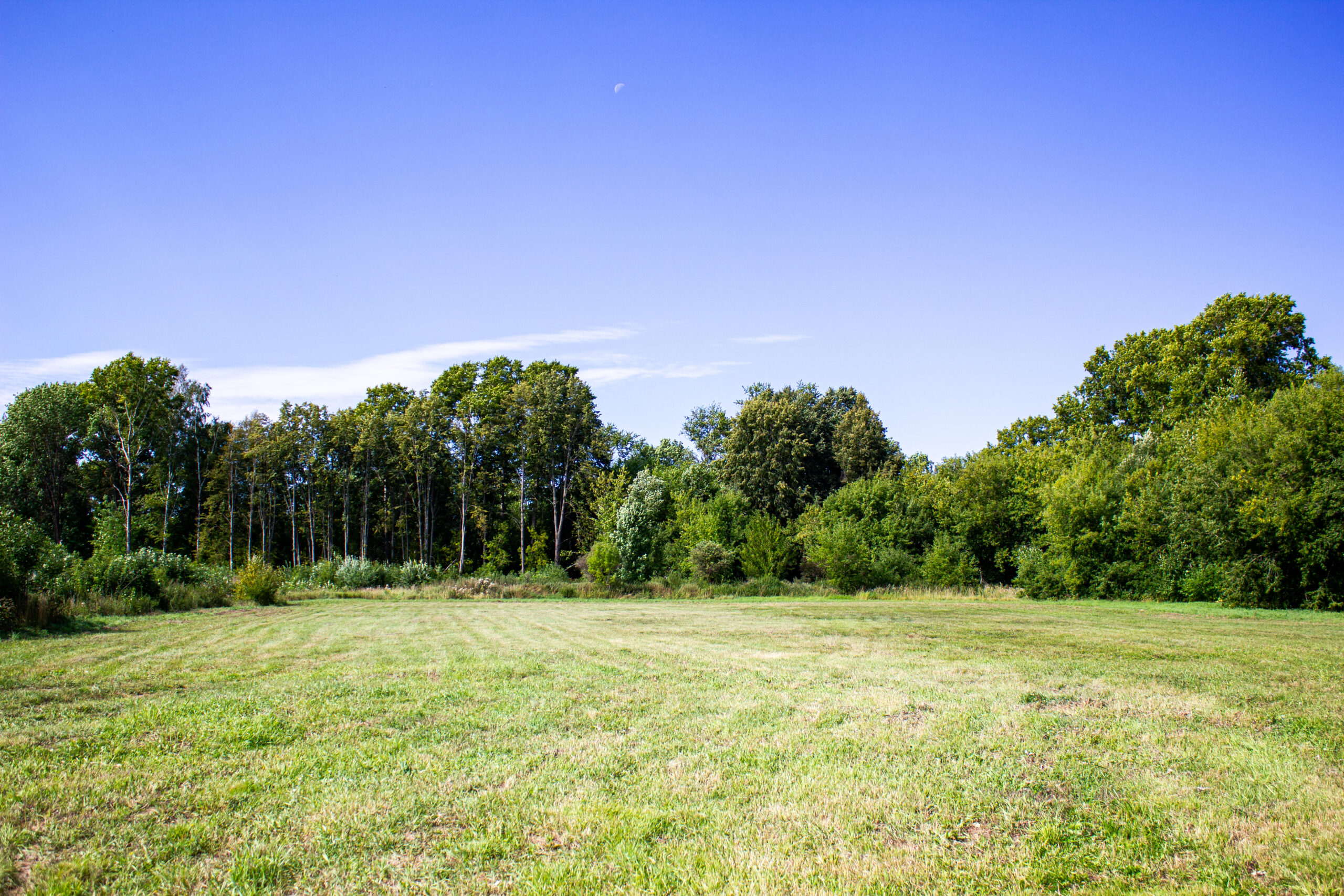When you think about your land, is it just a source of timber, or could it be something more? What if your land could not only provide income but also stand as a legacy of sustainability for generations to come? That’s where the Forest Stewardship Council (FSC) comes into play. More than just a certification, FSC helps landowners protect the ecological value of their property while enhancing its marketability and overall value. In this article, we’ll break down forest certification, how it becoming FSC certified benefits landowners, and why it’s a key step toward making your forest a sustainable legacy.
What Is Forest Certification?
The Forest Stewardship Council (FSC) is a globally recognized forest certification program that ensures forests are managed according to rigorous environmental, social, and economic standards. FSC certification aims to balance ecological health, economic viability, and social responsibility, guaranteeing that forestland remains both profitable and sustainable for the future.
Greg Brewer, Stewardship Forester with the Alabama Forestry Commission, explains, “FSC and similar certification programs encourage landowners to be good stewards of their property. It’s a way to ensure that timber production happens in a way that’s sustainable for the land, wildlife, and future generations.”
Routine audits and compliance checks motivate landowners to continually improve their practices, paving the way for sustained success.

Routine audits motivate landowners to continually improve their practices, paving the way for sustained success.
Brewer highlights that these certifications do more than protect the environment; they also connect landowners to markets and opportunities that prioritize sustainability.
Why Should Landowners Care About Forestry Certification?
1. Increase the Value of Your Land
FSC certification can significantly enhance your land’s marketability. Timber buyers and mills increasingly prioritize sourcing FSC-certified wood to meet sustainability goals, giving certified landowners a competitive edge. Brewer shares that certified wood often commands a premium price in the market, noting that mills are required to source a certain percentage of certified wood to maintain their own sustainability status. “I’ve seen mills pay anywhere from 25 to 75 cents more per ton for certified timber,” Brewer says. “That may not sound like a lot, but it adds up, especially on larger tracts.”
Beyond pricing, FSC certification can help landowners overcome quota restrictions when mills are nearing capacity. Brewer explains that mills will often prioritize certified wood even when they’re full, which can be a significant advantage for landowners trying to move their product quickly.
2. Protect Your Land for Future Generations
FSC certification also ensures forests are managed sustainably, preserving their ecological value for years to come. Brewer has seen landowners transform their properties through certification programs, often turning neglected forests into thriving ecosystems. He recalls a young couple who inherited poorly managed land and were initially overwhelmed by its condition. Through proper planning and certification, they transformed it into a productive, sustainable forest that could be passed down to future generations.
The certification process involves more than just cutting and replanting trees. It includes replanting after harvest, removing invasive species such as kudzu and cogon grass, and carefully managing habitats to encourage healthy wildlife populations. These efforts help landowners leave their property in better condition than they found it while ensuring it remains productive for decades to come.
3. Environmental and Community Benefits
Beyond individual properties, FSC-certified forests contribute to broader environmental and community goals. They protect clean air and water, improve soil health, and provide vital habitats for wildlife. Brewer explains: “When a landowner manages their forest sustainably, everyone benefits. We see healthier deer and turkey populations, better water quality, and more productive forests. It’s good for the land, the wildlife, and the community.”
Certified forests can also provide opportunities for recreation and education, such as hunting, hiking, and outreach programs. These added benefits increase the land’s value, not just financially but in terms of its overall contribution to the surrounding community.
How Does the Certification Process Work?
Becoming FSC certified is a straightforward, well-supported process that begins with an initial assessment. A professional forester works with the landowner to understand FSC standards and develop a management plan tailored to the landowner’s goals, whether they include timber production, wildlife habitat, or environmental restoration. Once the plan is in place, an independent third-party auditor evaluates the property to ensure it meets FSC’s rigorous sustainability criteria.

Certification goes beyond merely cutting and replanting trees—it also involves post-harvest replanting, removing invasive species like kudzu and cogon grass, and managing habitats to sustain healthy wildlife.
Certification involves more than just tree harvesting and replanting—it also requires post-harvest replanting, removing invasive species, and managing habitats to support biodiversity and ecosystem health.
Certification isn’t a one-time achievement. Ongoing monitoring ensures continued compliance. Regular audits encourage landowners to refine their practices over time, ensuring long-term success. Brewer emphasizes that the process is free for landowners and incredibly accessible. “The programs are free to join, and there’s no cost to the landowner. It’s an opportunity to improve your land without any downside.”
The Role of Education in Sustainable Forestry
One of the standout features of FSC is its emphasis on education. Brewer stresses the importance of staying informed, as forestry practices continually evolve to meet new environmental and market demands. He believes education is key to success: “Landowners who participate in these programs learn better management techniques, whether it’s prescribed burning, controlling invasive species, or improving wildlife habitat. When landowners share what works, it builds a stronger community of responsible stewards.”
Programs like FSC require loggers, landowners, and foresters to undergo regular training to ensure they apply the latest and most effective sustainability practices on their land.
Looking to the Future: Sustainable Forestry in Alabama
As forestry continues to evolve, FSC-certified forests are at the forefront of addressing challenges like climate change and resource depletion. Brewer points out Alabama’s vital role as part of the global “wood basket,” where mills increasingly require certified wood to meet international sustainability demands. “Alabama is part of the wood basket of the world. Mills that consider moving here ask one question: How much certified wood is available? By increasing certification, we attract economic investment and grow local markets.”
Looking ahead, Brewer predicts that the demand for certified wood will continue to grow: “The demand for sustainable wood is increasing, especially on the global market. Landowners who get certified now are positioning themselves to benefit down the road.”
Final Thoughts: Is Forest Certification Right for You?
If you’re a landowner looking to maximize the ecological and financial value of your property, becoming FSC certifified is a clear choice. It connects you to broader markets, enhances land management practices, and ensures your property remains a legacy of sustainability for generations to come. Brewer encourages landowners to take advantage of the opportunity: “There’s no cost, no downside, and a lot of potential benefits—financially and environmentally. It’s about being a good steward of what you’ve been blessed with.”
Ready to Get Started?
For more information on becoming FSC certified and other forest recognition programs, reach out to the Alabama Forestry Commission or your local state forestry office. Professional foresters are ready to help you develop a plan tailored to your land and your goals.
As Greg Brewer puts it: “If it’s free, why not? You’ve got everything to gain and nothing to lose.”
Start your journey toward a sustainable, profitable future today!


